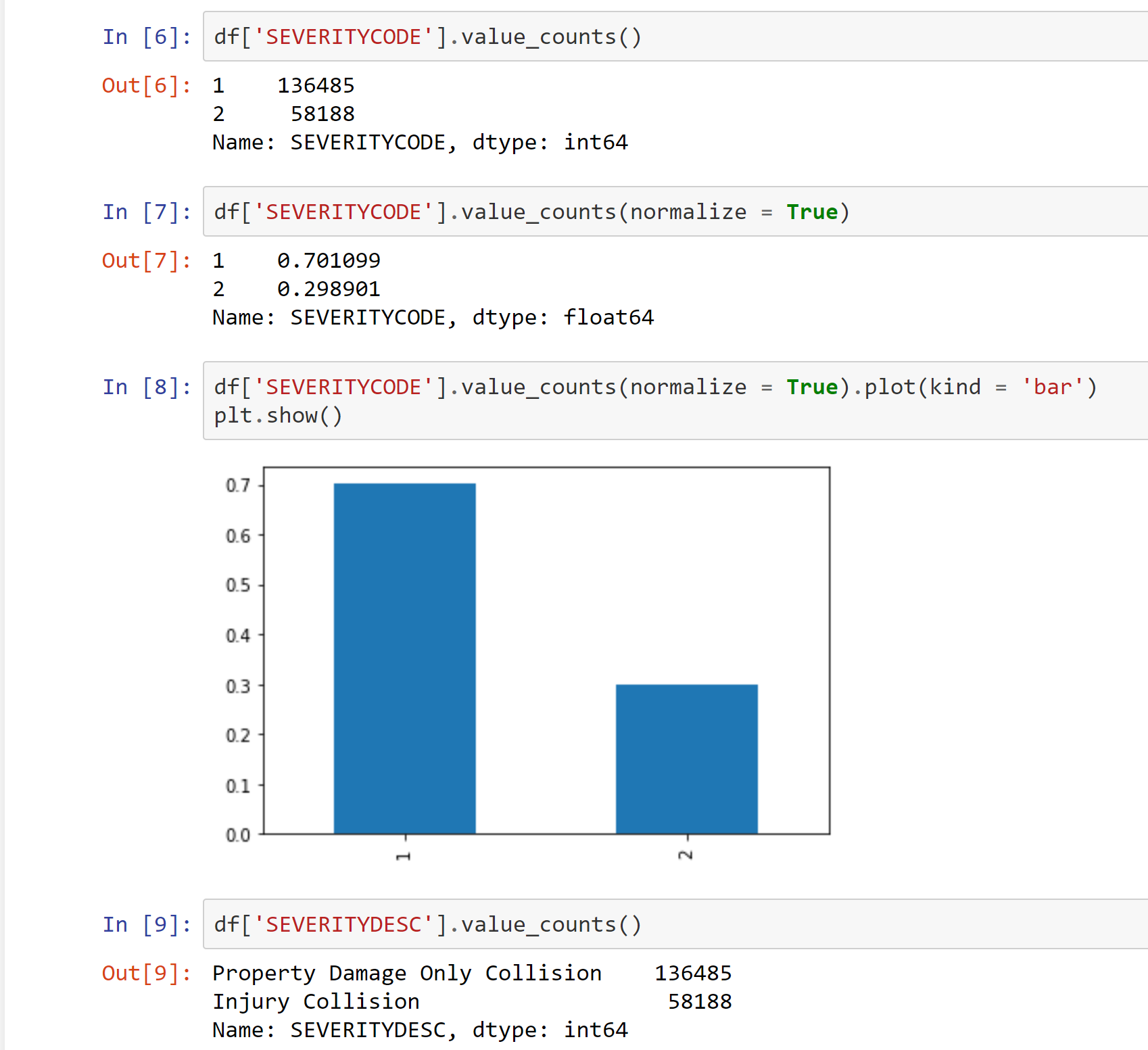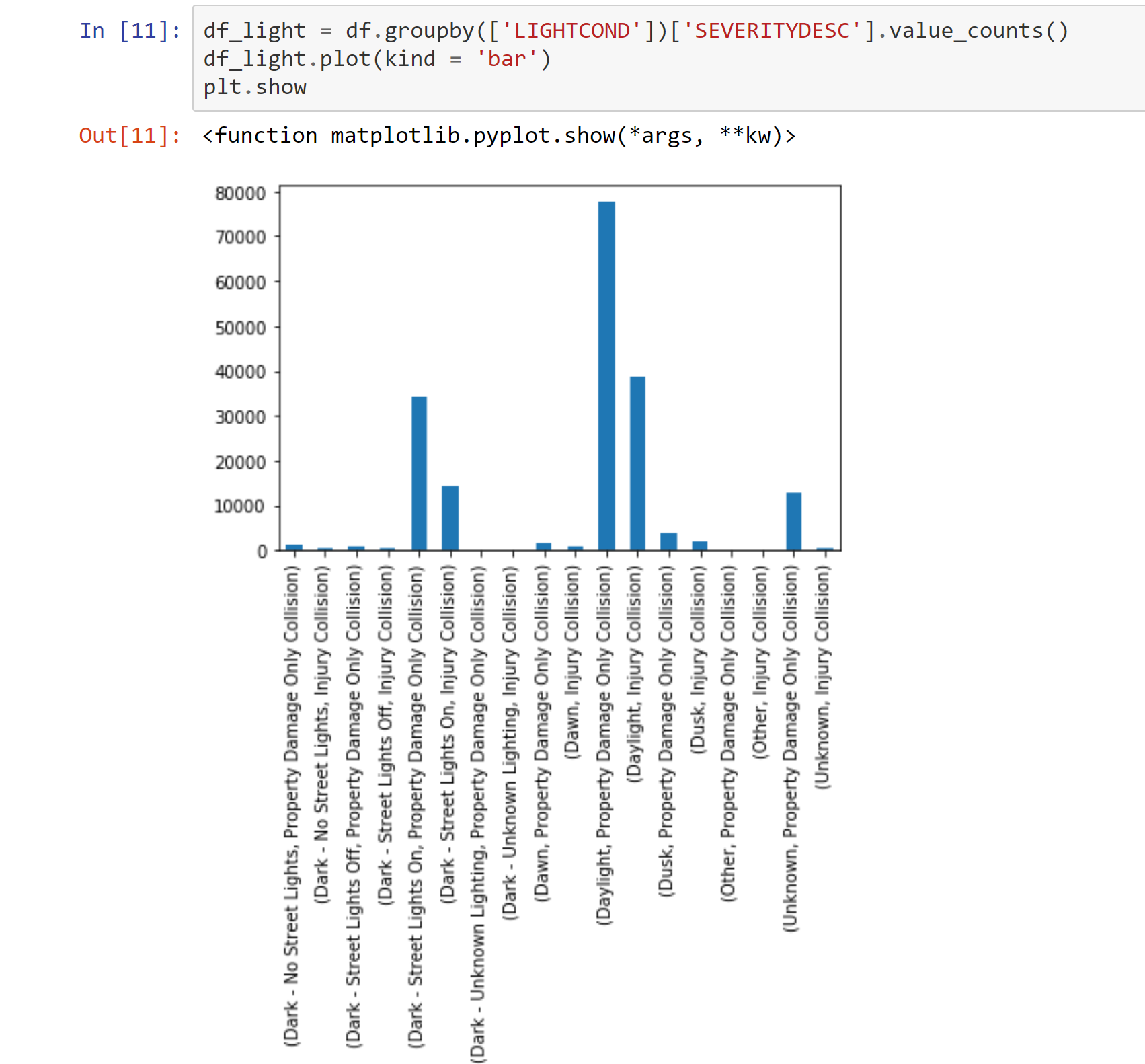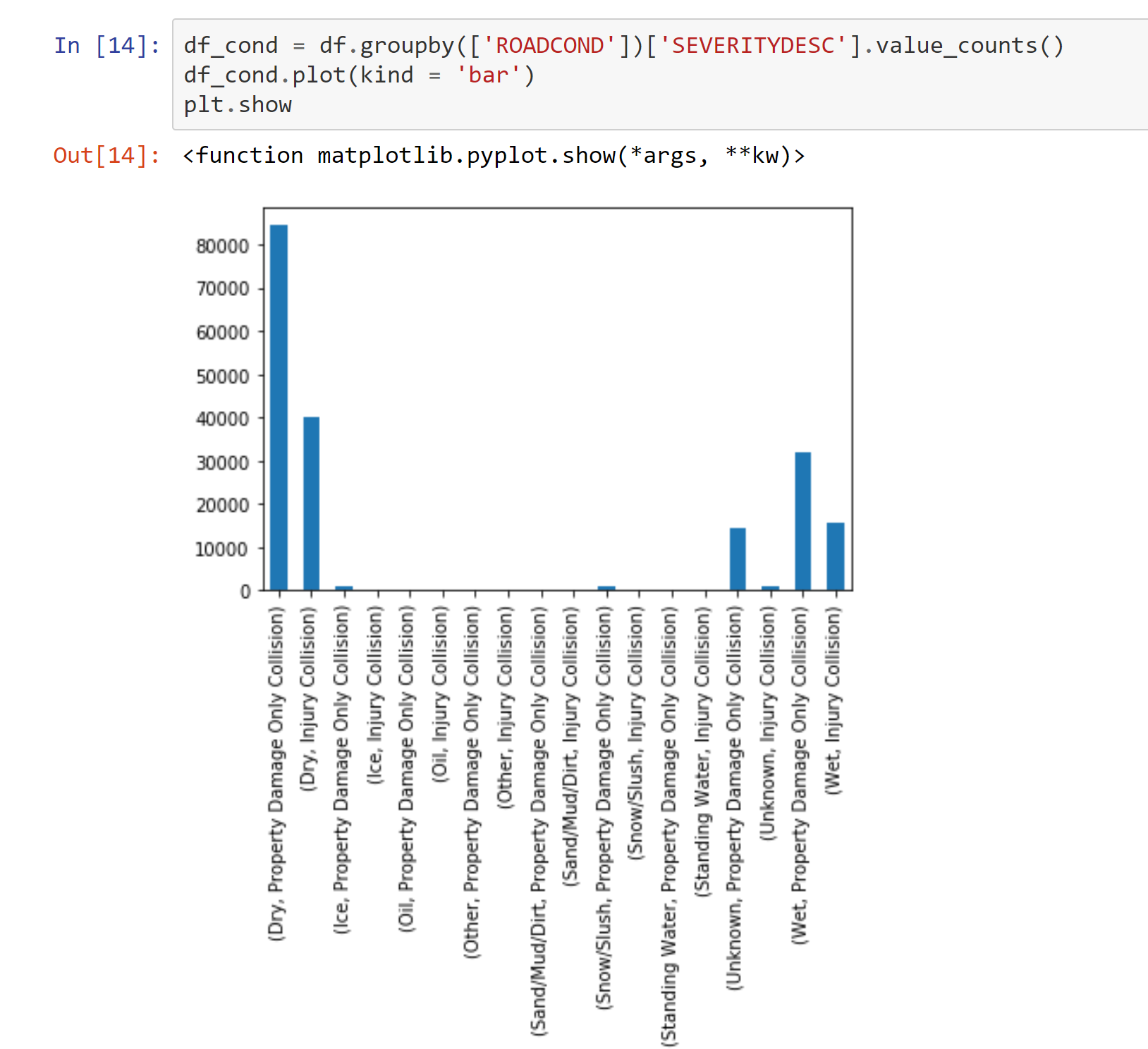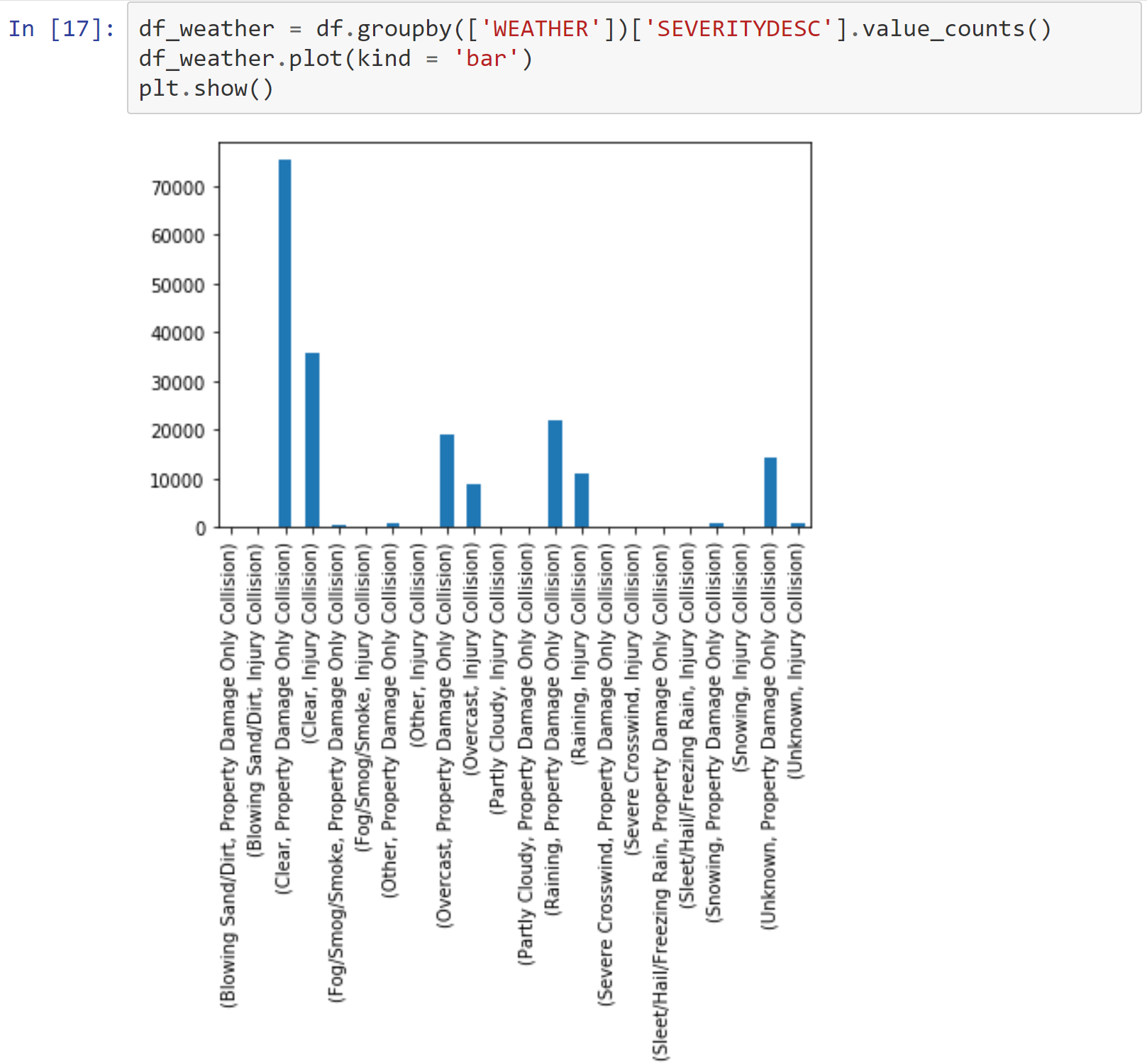This is the second in a (currently) three-part series on the theme of getting down to work. Check out the first post here
In the first post of this series, I wrote about the work that I need to do, how I often don’t do it, but deep down I know the solution to get more work done. It may not be easy, but it is simple.
So, why? Why do we want to focus on our work and get more done?
I have begun getting up a bit earlier, so I can focus on writing when the house is quiet. Why do I want to do this? Why do I feel the need to do this early in the day, when everyone is sleeping?
Merlin Mann coined the term “productivity pr0n” years ago in reference to all of the resources online regarding productivity optimization. It is so easy to go down the rabbit hole, and after 4 hours of watching (and re-watching) old Matt D’Avella or Thomas Frank videos to think, “Damn! I’m so ready to go be productive now!”
…
“Just one more video…”
Or to go down the Gary Vee rabbit hole and think, “I can go to garage sales and sell this stuff on Ebay and make a fortune!” But then end up tired from simply observing Gary’s hustle.
I’m not going to be Gary Vee, I know that much. That’s not the life I want.
But I want to get things done. I want to write. I need to write.
I get up a little bit earlier. The only one missing any time here is me from sleep. That is a sacrifice I am willing to make.
I think a lot about productivity and optimization. I strive to use my time well, but as I have gotten older, I have come to learn that time is far and away my most valuable resource. I want to make the most of it. But I am not interested in optimizing my time in such a way, getting so much accomplished, that I miss time with my wife and kids.
I read the final article posted on Merlin Mann’s website, 43folders.com – in which he talked about how he was spending so much time writing about and attempting to optimize productivity in his own life and for others, that he was missing out on actually living his life with his wife and daughter.
I’ll try to learn this lesson from his life, rather than having to learn it for myself.
There is important work to be done. No doubt about it. And there is time to get it done. No doubt about that either. It will take some sacrifice. But what is acceptable to sacrifice? For me, sacrificing a little bit of sleep is worth it. That may give me the time that I need in order to work on the projects I want to work on, while still fulfilling my obligations to work and more importantly, not taking time away from my family.
I began writing about how deep down, I know the answer of how to get more time to focus on writing – get up earlier, when the house is quiet. Of course, the second day I was writing, my 6-year-old came upstairs before I could even open the computer, looking for the Elf on a Shelf. It was frustrating. Doesn’t she know that this is my time???
Hence this post. Writing about opportunities for productivity and optimization isn’t my important work. Being the best husband and dad I can be is. Part of that is processing things through writing. But a bigger part is spending the time and being involved.
Some days, I will get up early and be able to write. Other days, I’ll share in the excitement of a 6-year-old searching the house for the Elf on a Shelf.
Yes, I need to work. I need to write. But the point of this post is to encourage you to figure out your “why,” and once you do, make sure you remember it. When your “why” interrupts your work, make sure your priorities are in line with what is truly important to you.
The point is not to blow off work to play with my kids. But just to remember that they are my “why.” If something takes me away from that “why,” then I need to reevaluate and reprioritize. Some mornings, my kids will wake up early and just need me to be “Daddy.” Nothing is more important than that.
I can always write more tomorrow.










